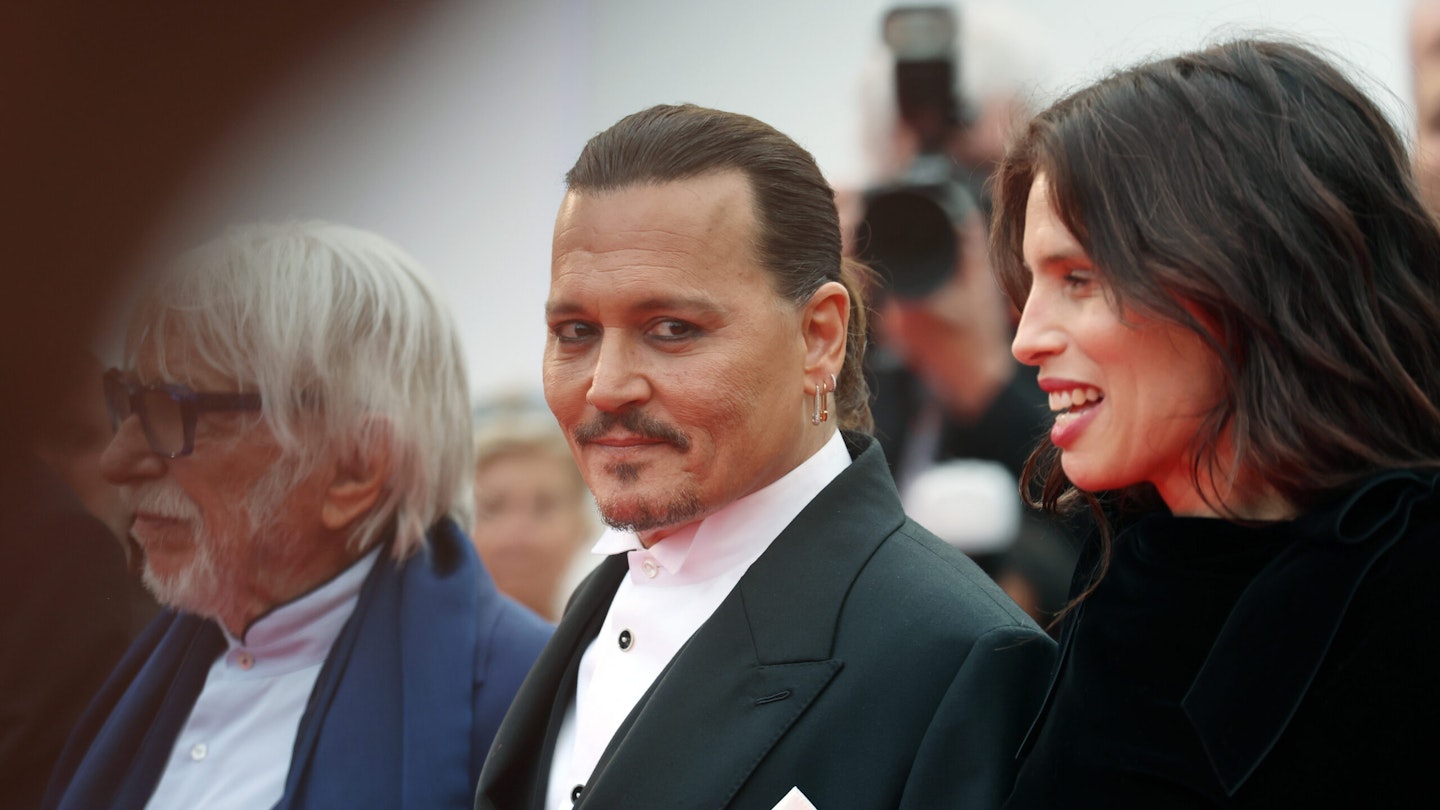Last night, Johnny Depp walked the red carpet as one of the stars of the opening film of this year’s Cannes Film Festival, Jeanne du Barry. Depp looked a little tense, holding hands with his co-stars, but the crowd screamed his name and the celebrities still turned out, and he was given a seven minute standing ovation inside. After several years when Depp spent more time in court than on set, comebacks don’t come much bigger than headlining one of cinema’s most prestigious festivals. But does this mean that he’s back for good? And how should we feel about that?
Depp of course became a centre of controversy following his contentious divorce from Amber Heard in 2017 and reports of violent altercations during their marriage. In 2020 Depp lost a libel case in the UK against The Sun after the paper referred to him as a 'wife beater, with a British judge finding the claims of violence that Heard made were 'substantially true'.
But in 2022, he broadly won a defamation case against Heard in a US court for a similar, milder statement (both parties have appealed on parts of that case that they lost). After the verdict Depp proclaimed that that jury 'gave me my life back'. It certainly seems to have restored his career. Maïwenn, the actress-director of his Cannes film and an outspoken critic of the #MeToo movement, said that she cast Depp as French king Louis XV because 'he lost the first trial, he won the second. We could say it was one person’s word against another. I didn’t feel I had the right to judge.' The director is no stranger to controversy, recently admitting to the assault of a journalist involved in sexual harassment investigations.
Perhaps that fanbase is why the claims of violence that led to Depp’s troubles have been brushed aside. When challenged on the decision to open the Festival with Depp’s film, Cannes boss Thierry Fremaux was typically bullish. 'If Johnny Depp had been banned from acting in a film, or the film was banned we wouldn’t be here talking about it… If there’s one person in this world who didn’t find the least interest in this very publicized trial, it’s me.' When the Cannes jury sat for a press conference on opening day, only #MeToo advocate Brie Larson was asked about Depp’s presence, and none of the other jurors ventured an opinion when she declined to answer.
Depp maintains his innocence, and while he may not yet have regained the heights of A-list stardom he once occupied, that may be more to do with his waning box office appeal as any moral concern on Hollywood’s part. Just a few days ago, Depp announced that Al Pacino would appear in his planned second film as director, Modi, about artist Amedeo Modigliani. That was an artist misunderstood in his lifetime, which might be the appeal for Depp, but notably also a man with a history of drunken rages against women. A week after his Cannes appearance, Depp is due onstage at the Royal Albert Hall to pay tribute to rock guitarist Jeff Beck.
His apparent rehabilitation may be partly a testament to his lingering star power, or to the effectiveness of an extremely efficient PR and legal team, or to – as Depp and his fans maintain – truth and justice winning out. But many people who have been victims of domestic violence will seem something all-too depressingly familiar in the eagerness of a world to welcome back a man accused of violence, while the woman who accused him is still subject to vilification. This is not a #MeToo case – Heard and Depp’s divorce was too messy for that – but it still looks like old Hollywood patterns reasserting themselves once again. One rule for the rich and powerful, and another for those with less.
